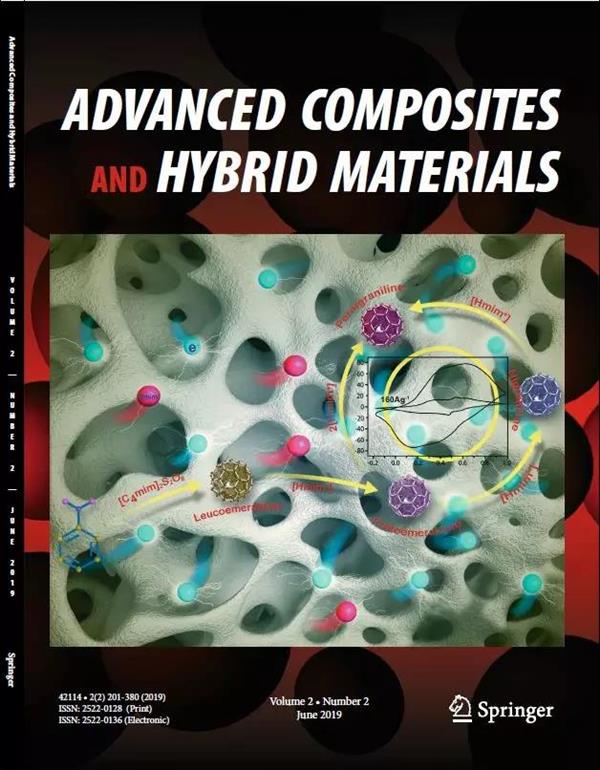Glutamic acid-loaded separable microneedle composite for long-acting hair regeneration treatment
Abstract
Androgenetic alopecia (AGA) is the most common type of hair loss frequently observed in clinics. Right now, there are no effective treatments for AGA. Here, we developed a biodegradable microneedle (MN) patch made of polylactic-co-glycolic acid (PLGA) loaded with glutamic acid (GA) that improves sustainable drug release and effective hair regeneration treatment. Once the patch has penetrated the skin, the GA-loaded MNs (GA-MNs) are quickly separated from their base and enter the skin. These MNs then serve as drug storage tanks inside the skin, releasing the therapeutics gradually for over 4 weeks. The sustained release of GA from long-acting biodegradable needles could lead to endocytosis by dermal papilla cells (DPCs), promoting the proliferation of cells. Compared with topical minoxidil, which requires daily treatment, animal studies have shown that GA-MNs can increase hair regeneration more effectively with lower dose frequency; the number of hair follicles in the GA-MNs group reached 83.68 ± 4.52%, which was significantly higher than that of the minoxidil group (56.93 ± 3.21%). This transdermal technology of biodegradable MNs shows considerable promise in clinical applications and offers a straightforward, safe, and effective therapy approach for clinical hair regeneration treatment.

 求助内容:
求助内容: 应助结果提醒方式:
应助结果提醒方式:


